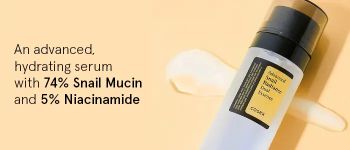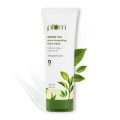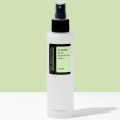
©AlphaCma Pvt. ltd. All Rights Reserved
Sign in to make your next kindmove
Sign In
Videos
Read Liked Posts
No collections yet

The Ultimate Monsoon Skincare Routine!
The Ultimate Monsoon Skincare Routine!
The Ultimate Monsoon Skincare Routine!
- #facewash
- #kindlifeapproved
- #monsoonskincare
- #facetoner
- #hydratingcream
- #skincareroutine
- #threesteproutine
Beat the monsoon blues with a simplified skincare routine! Discover the perfect combination of face wash, toner, and moisturizer to protect your skin from humidity and keep it fresh and glowing. Let's tackle monsoon skin woes together!
Comments

-
Free shipping on
orders above ₹699 -
5 days
easy returns -
100% authentic,
direct sourcing -
2M+ units sold
Have you been kind to yourself today?
Download now, we App-solutely recommend it
Keep up with kindlife
Whatsapp us on +918130287724 to get in touch. Reach out to us from 10AM - 6PM (Mon-Sat), we take a break on weekends (hi boss!)
© 2025 AlphaCMA Private LIMITED. All Rights Reserved.
 All orders
All orders





















